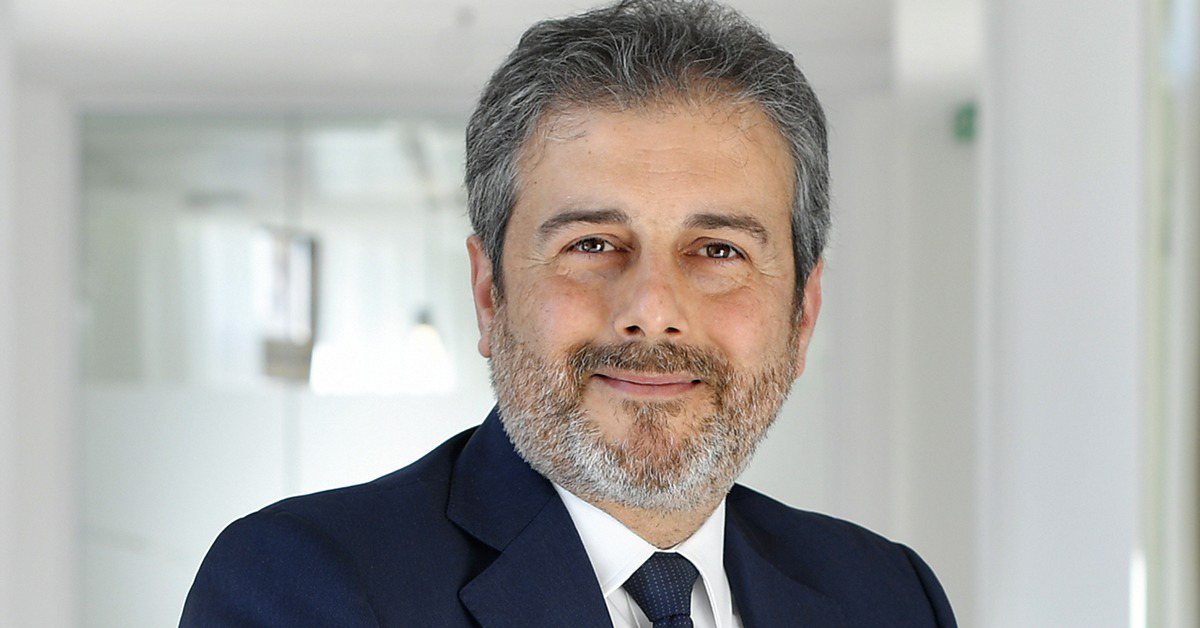Mundys' CFO Tiziano Ceccarani sat down with Global Finance to discuss the challenges of the pandemic and going private.

Mundys, the recently rebranded infrastructure group formerly called Atlantia, manages motorways in several countries including France, Spain, Chile, Brazil, the US and Mexico, via its Spanish unit Abertis. The company also manages airports in Europe, including Fiumicino and Ciampino in Rome and the Nice Airport in France; tech companies like tollroad payment operator Telepass; and traffic technology firm Yunex.
Tiziano Ceccarani has been the group’s chief financial officer since September 2019, an almost four-year span during which Mundys underwent a string of extraordinary M&A and capital market activities. In 2021, Atlantia sold a majority stake in Italian motorway company Autostrade per l’Italia to Italian development bank Cassa Depositi e Prestiti. And in 2022, Atlantia was delisted from the stock market after the successful tender offer by Benetton’s family holding company, Edizione, and US investment fund Blackstone.
Global Finance: You have been Mundy’s CFO during a radical upheaval. What was it like?
Tiziano Ceccarani: It was great! We are a strategic investor operating worldwide, in different businesses and countries; evolution within our business and group is at the heart of what we do. The deep transformation that we led since 2020 allowed us to refocus on the future of infrastructure.
GF: And what about the delisting? It’s more common to talk with firms going in the opposite direction—from private to public.
Ceccarani: The key aspect for us is the presence and strong support of our main shareholder—the Benetton family holding company Edizione—together with the Blackstone infrastructure fund. Traditionally, the idea of not being a listed company is associated with a lower degree of transparency to the market. This is not our case. We remain committed to transparency, providing group and segment financial performance updates and information on any relevant business changes for the benefit of all of our stakeholders.
Usually, the advantage of going private is taking away some of the stress linked to a short-term focus, away from quarterly results into much more relevant long-term earnings. With our core business being based on long-term public concessions, long term administrative contracts, we look to continue to long-term value creation.
GF: Did you experience any changes in terms of the availability or cost of bank financing since you became a private company?
Ceccarani: Our shareholders received around €8.1 billion from more than 20 banks when launching the tender offer, confirming Mundys value and financial solidity. For the banks, as long as we prove our future reliability, financial performance and transparency, it does not make such a huge difference if we are private or public.
GF: You recently linked €3 billion of bonds and up to €5 billion of medium-term notes to a sustainability plan with targets on CO2 emissions and gender equality. What are the advantages?
Ceccarani: What matters the most is that these commitments widen the availability of financing options. Banks and investors in general strongly support financing when linked to sustainability plans and targets. This will become even more important in the future: Today it’s a “nice to have” feature; tomorrow it will be a “must have.” Also, companies might access lower costs for their financing when compared to standard loans and bonds.
GF: What has been your toughest experience as CFO?
Ceccarani: The pandemic, beginning in 2020. As traffic on motorways and through airports declined sharply, it really impacted our cash flow generation and our liquidity positions. At the same time, we had to keep the infrastructure operating. It has been really tough, and I am really proud how that was managed across all of our companies—and happy to be over it.
GF: What is your advice to young people who want to be CFOs?
Ceccarani: To be open-minded and flexible to different experiences—leveraging competencies and skills from different industries and corporate roles. For us in infrastructure, the key competences are planning, capital budgeting and finance. It is important to have all different kind of experiences for becoming a well-rounded CFO.



